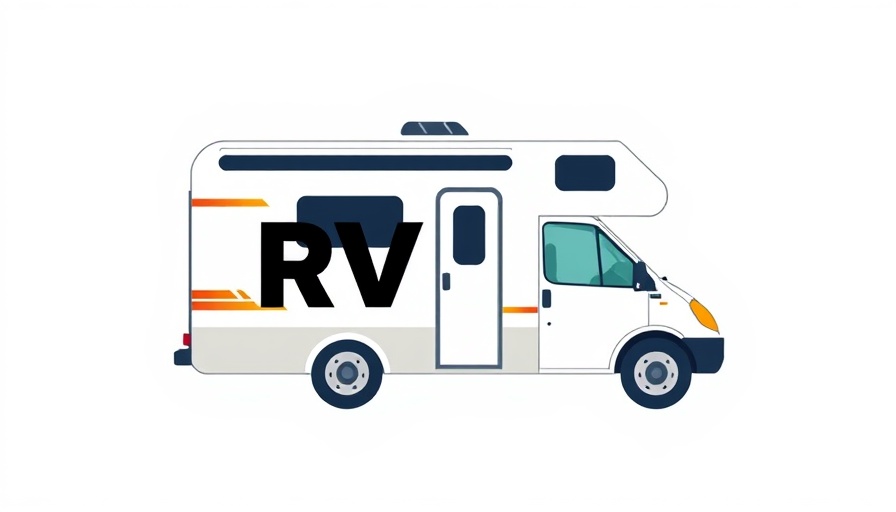
Exploring Full-Time RV Living: What You Need to Know
For those considering a transition to full-time RV living in the scenic beauty of Maine, the lifestyle offers significant freedom and adventure. Yet, it presents unique challenges that require thorough preparation. Residents in Connecticut who are contemplating this mobile lifestyle can draw from Maine’s experiences as a guiding map for their RV journey.
Regulations and Considerations
Living in an RV full time in Maine is permissible, with local municipalities setting specific guidelines about parking and residency. For those planning a similar lifestyle transition in Connecticut, it is crucial to familiarize yourself with local rules and regulations, ensuring your mobile home adheres to any particular ordinances. Parking laws can vary greatly in urban versus rural areas, so thorough research into Connecticut's RV parking laws is essential.
Setting Up for a Sustainable RV Lifestyle
A key aspect of full-time RV living is understanding how to maintain self-sufficiency. In Maine, boondocking—a form of off-grid camping—is popular, and residents get to connect deeply with nature. Connecticut’s nature spots offer similar opportunities, where RVers can engage in seasonal escapes and enjoy boondocking in serene environments. To ensure comfort throughout the year, preparing for harsh seasons, especially winter, becomes imperative.
Insights from Maine to Inspire Connecticut RVers
Reflecting on Maine’s regulatory environment provides insightful lessons for Connecticut enthusiasts. For instance, knowing the importance of good insurance coverage is integral; Connecticut RV owners should ensure they have adequate RV insurance to comply with state requirements. Additionally, recognizing the communal aspect of RVing can lead to connecting with local camper associations to share tips and resources, enriching the RV lifestyle experience.
 Add Row
Add Row  Add
Add 




Write A Comment